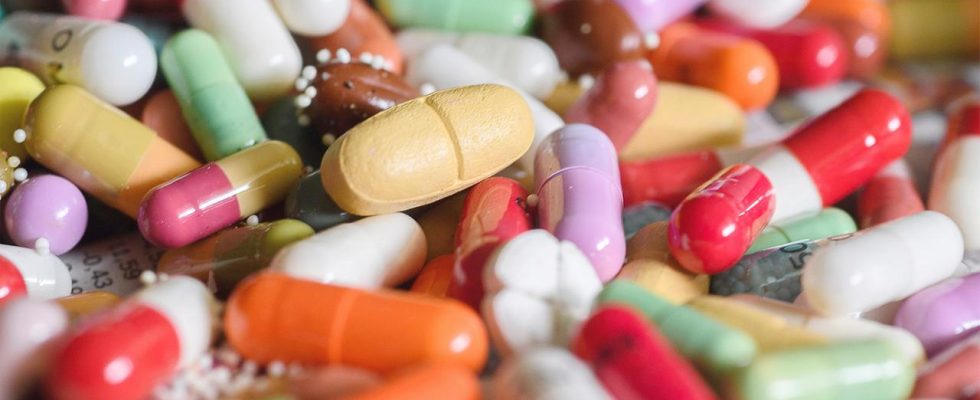Whether fever juice for small children or special cancer medication: Deficiencies in medical care can affect anyone. The EU Commission has therefore now presented a reform package – and speaks of a “historic day”.
According to the EU Commission, bottlenecks in medicines, excessive prices and an unequal supply of new medicines to the EU countries should be a thing of the past. The Brussels authority has proposed a comprehensive reform of 20-year-old pharmaceutical legislation for Europe.
At the same time, the aim is to stimulate the development of new preparations and to keep the domestic industry competitive. “This is a historic day for citizens, patients and industry,” said Health Commissioner Stella Kyriakides.
praise from consumer advocates, criticism from the industry
The European consumer association Beuc welcomed the proposals as a step in the right direction, but called for further steps, particularly to combat supply gaps and high prices. CEO Monique Goyens complained that the big pharmaceutical companies had “lobbied like crazy” to protect their profits.
The President of the European Pharmaceutical Association (EFPIA), Hubertus von Baumbach, warned that the proposals endangered the competitiveness of the domestic industry.
Address vulnerabilities in supply chains
Specifically, the Commission plans to create a list of particularly important preparations. Vulnerabilities in the supply chains of these medicines should be addressed. Companies should be obliged to report supply gaps and drug recalls earlier and to draw up precautionary plans.
Although the 27 EU countries share a single market, this is far from the case when it comes to the supply of medicines. In western and larger countries like Germany, patients have access to 90 percent of new medicines, Kyriakides said. In the eastern and smaller states it is only ten percent.
The EU Commission now wants to use incentives to ensure that the citizens of all EU countries have access to new medicines. Specifically, according to the Commission, the system for protecting new preparations from competition from imitation products such as generics is to be revised.
Millions of people should benefit
So far, such generics have been allowed on the European market no later than eleven years after the original preparation has been approved. According to the Commission, it could be up to twelve years in the future. However, the standard protection should only be eight instead of ten years. For an extension, the companies must meet criteria that correspond to the goals of the EU Commission.
For example, another two years can be added if a company launches its new drug in all EU countries. According to the EU Commission, this alone could benefit up to 67 million more people from a new drug.
The development of a previously missing drug should also be rewarded with another six months of protection. At the same time, the EU Commission wants to ensure that generics come onto the market on day one after the monopoly protection expires – and that bureaucratic hurdles do not delay approval.
what to do against antibiotic resistance?
According to EU estimates, more than 35,000 people in Europe die every year due to antibiotic resistance. This makes it the third-biggest public health threat, after pathogens with high pandemic potential and chemical, biological or nuclear threats. EU Commission Vice-President Margaritis Schinas spoke of a “silent pandemic”.
The Commission now proposed making the development of breakthrough antibiotics more attractive. In concrete terms, companies that produce such a preparation could in future receive a voucher for the protection of the data of a drug – i.e. a monopoly – for another year. This voucher should not be tied to the new antibiotic and could also be sold.
According to an EU official, the cost of such a voucher for the national health systems is around 500 million euros. However, according to the Commission, these are largely offset by avoided deaths and illnesses. No more than ten vouchers should be issued in the entire EU within 15 years.
The EU Commission also presented non-binding recommendations against the resistant pathogens, which are aimed primarily at restrained use of antibiotics.
Reduce bureaucracy and protect the environment
In principle, according to the EU Commission’s proposal, new drugs should be approved more quickly in the future. As a rule, the European Medicines Agency (EMA) should give its assessment within 180 instead of 210 days, and the EU Commission should give its approval within 46 instead of 67 days.
Among other things, bureaucratic procedures are to be streamlined through more digitization. Public financing of the development of new medicines should become more transparent. In addition, existing rules for protecting the environment through medicinal products should be better enforced.

